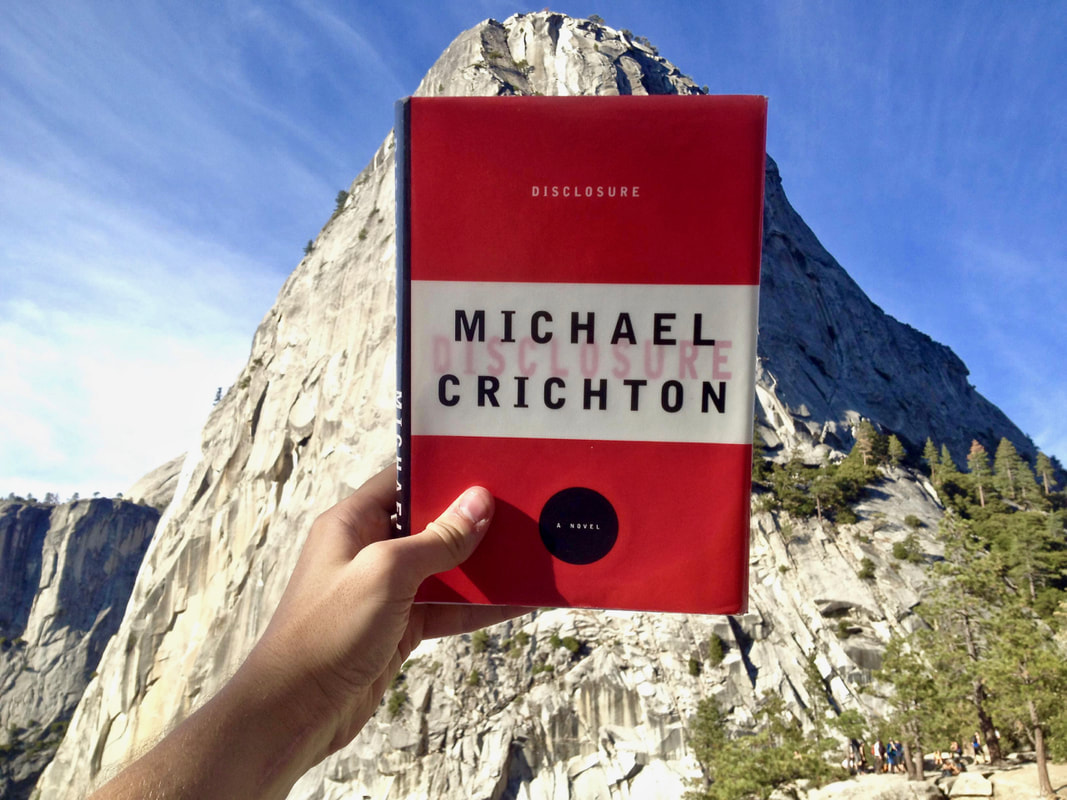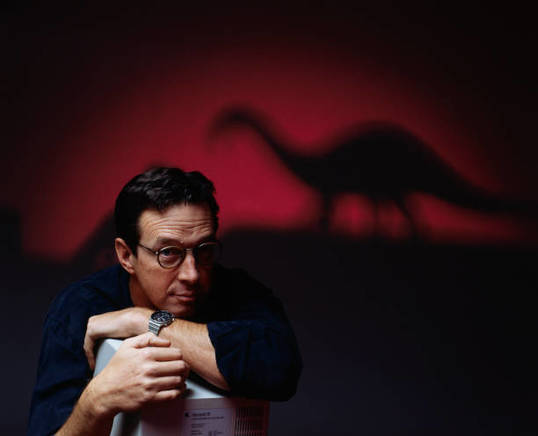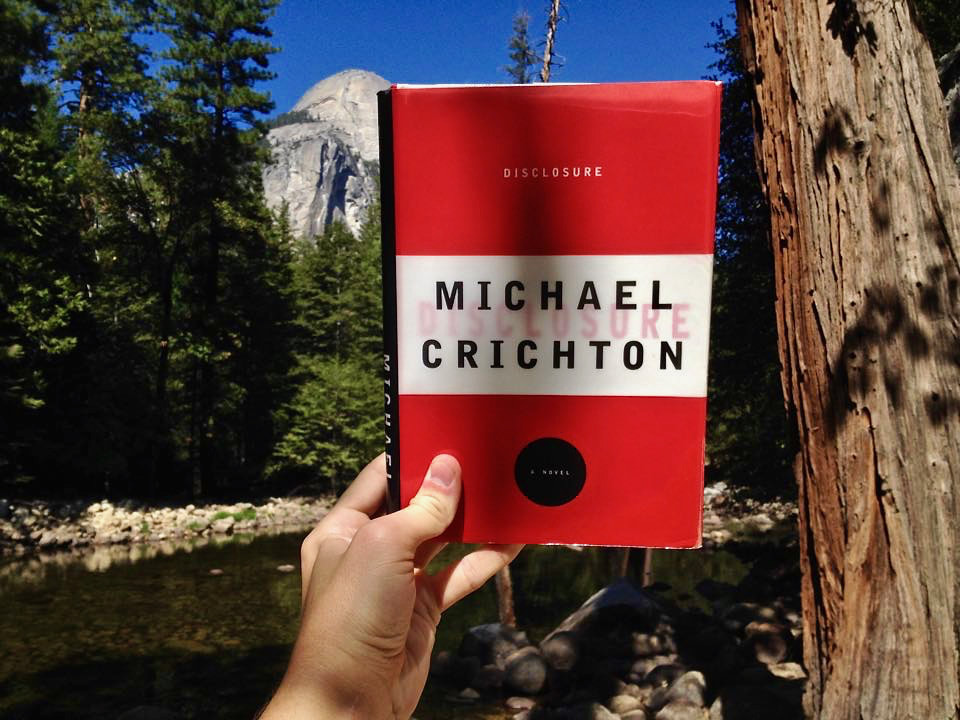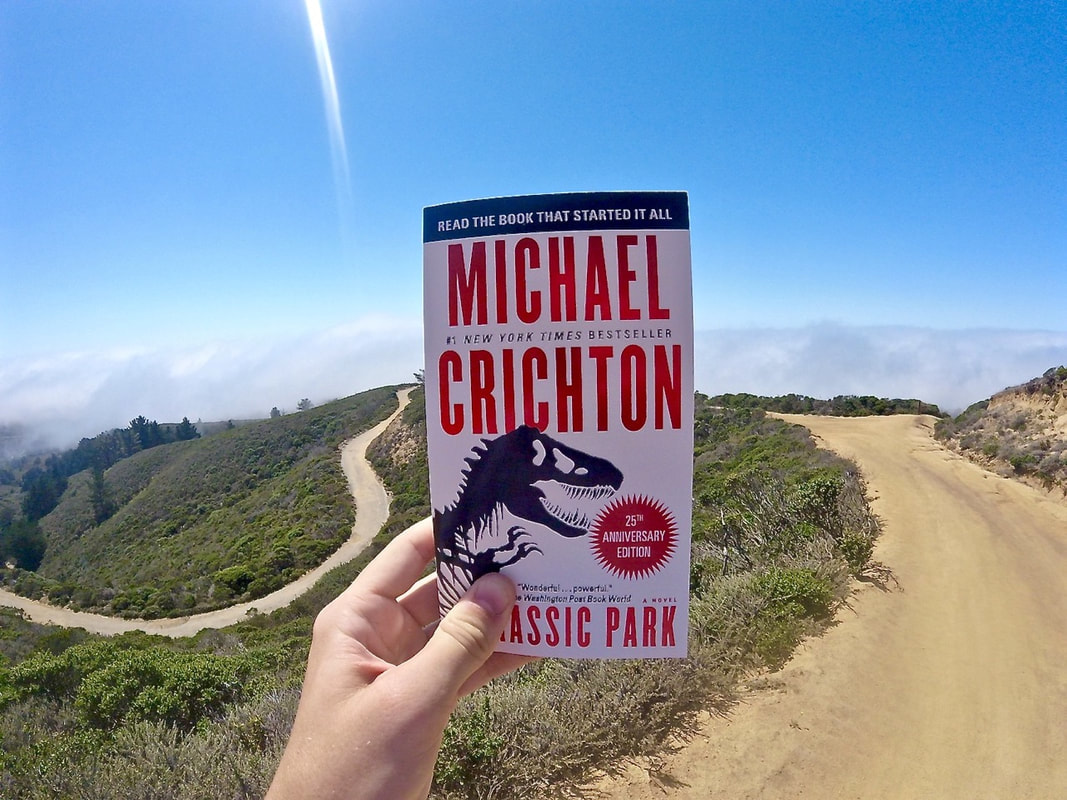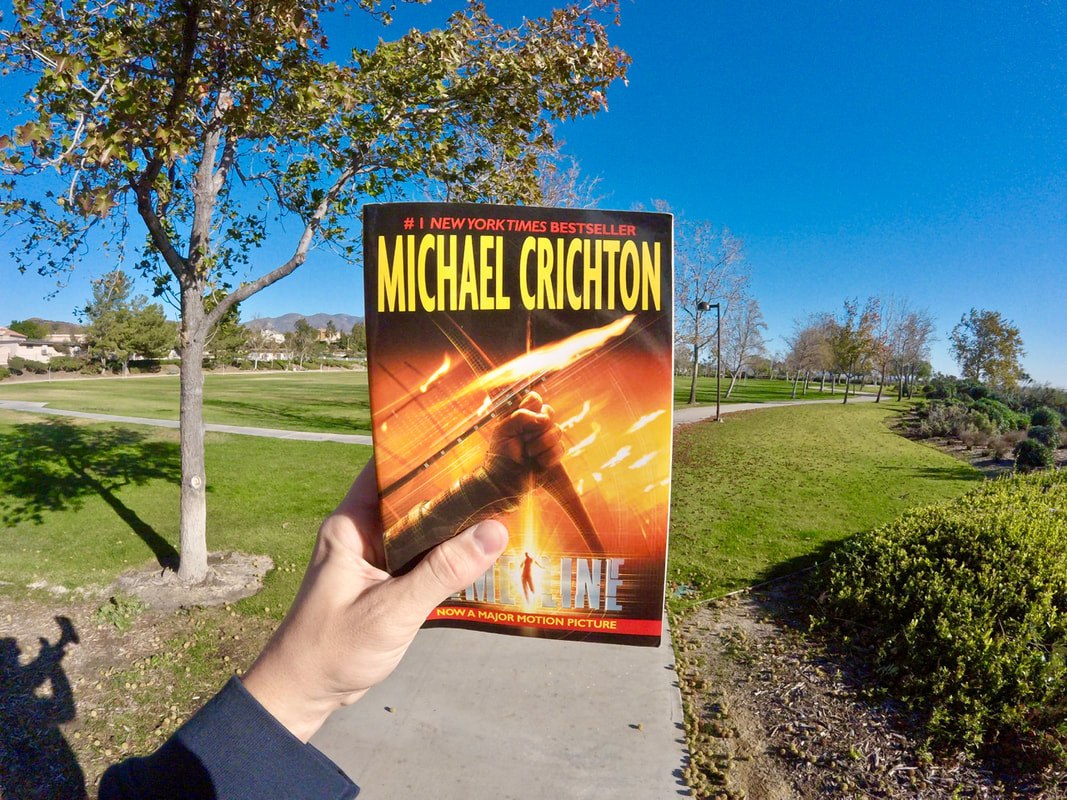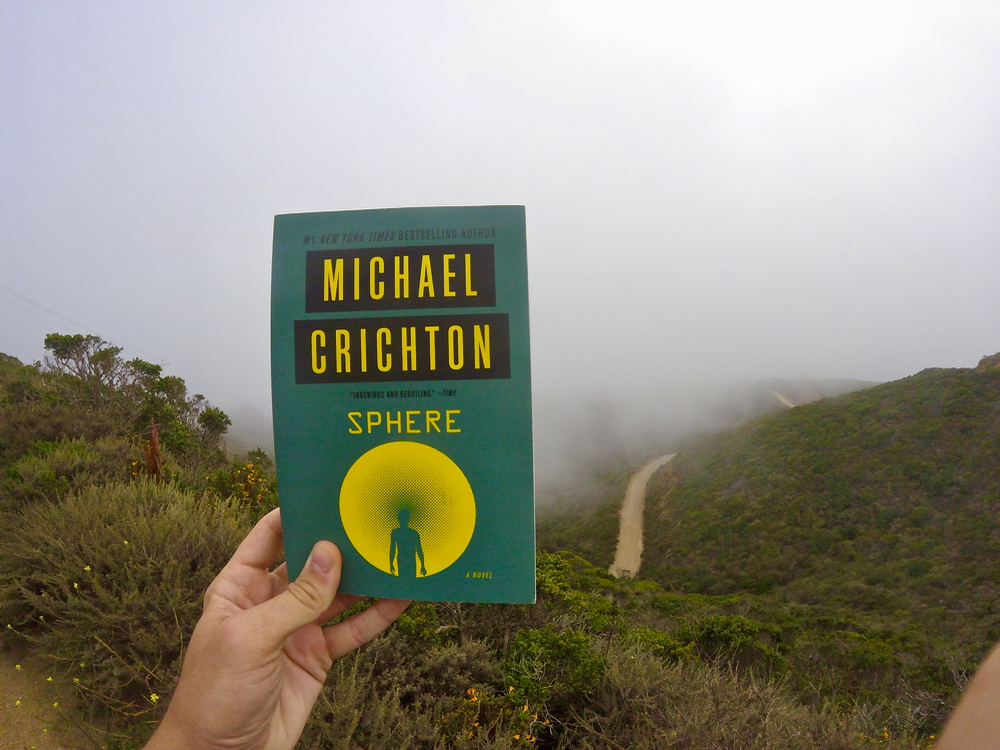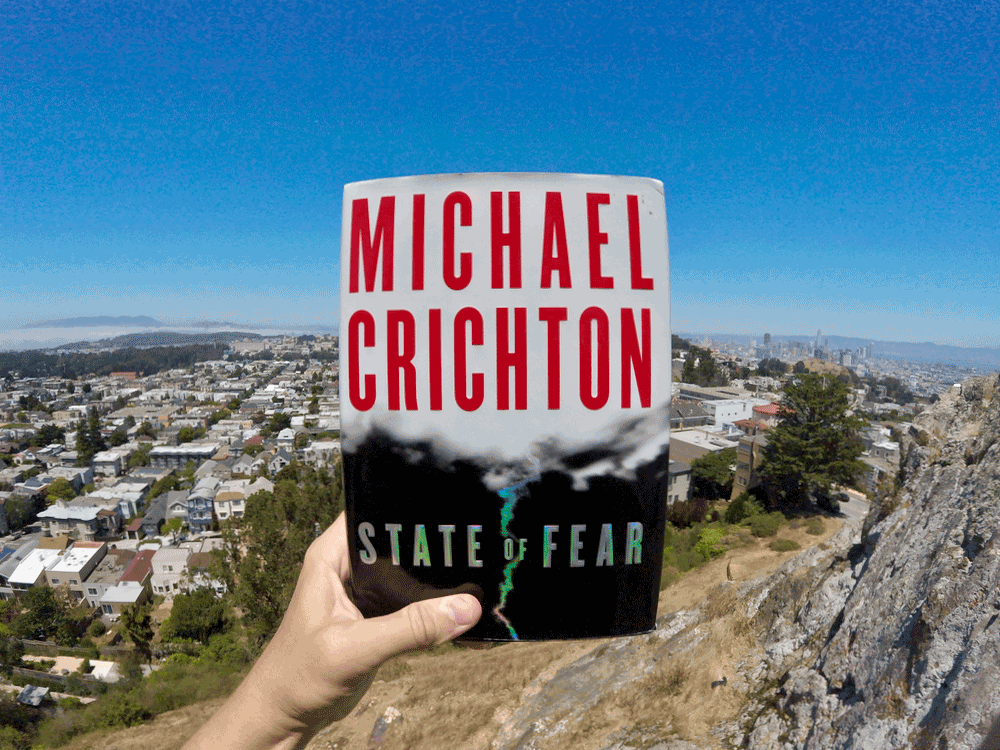Tom Sanders, an up-and-coming executive at DigiCom in Seattle, is in store for one hell of a Monday.
Expecting with good reason that he's walking into a well-deserved promotion, he's ambushed.
After a private, closed-door, after-five-p.m. meeting with his new boss, Meredith Johnson, Tom suddenly finds himself accused of sexually harassing her. And the world is aligning against him.
Meredith is young, attractive, and a trusted member of Digicom's upper echelons. Plus, she is Tom's ex-lover from ten years back. And she got the job he wanted. The writing's on the wall as far as everyone else is concerned: Tom's guilty.
And now his family and career are all but over. Tom will have to scramble if he's to have a hope at clearing his name and righting a terrible injustice.
Expecting with good reason that he's walking into a well-deserved promotion, he's ambushed.
After a private, closed-door, after-five-p.m. meeting with his new boss, Meredith Johnson, Tom suddenly finds himself accused of sexually harassing her. And the world is aligning against him.
Meredith is young, attractive, and a trusted member of Digicom's upper echelons. Plus, she is Tom's ex-lover from ten years back. And she got the job he wanted. The writing's on the wall as far as everyone else is concerned: Tom's guilty.
And now his family and career are all but over. Tom will have to scramble if he's to have a hope at clearing his name and righting a terrible injustice.
WHY I LOVE IT
Disclosure shook the shelves in '94 with controversy, and though the novel turned twenty-four this January, the issues that it explores—sexual harassment, corporate politics, and gender stereotypes—are as relevant as ever.
The #MeToo campaign that went viral in October 2017 continues to garner worldwide support, Hollywood scandals implicating Harvey Weinstein and hundreds of other celebrities, Canadian legislation compelling the use of gender pronouns on and off university campuses; the list goes on.
Charlie Rose—himself suddenly accused of harassing eight women in November 2017 and subsequently fired from CBS—actually interviewed Michael Crichton back in '94 about Disclosure. I find the conversation fascinating as Crichton lays out his unconventional approach to understanding the feminisms, sexuality and gender relations in the work place, and the terrible power often wielded by both harassers and accusers. [JG]
The #MeToo campaign that went viral in October 2017 continues to garner worldwide support, Hollywood scandals implicating Harvey Weinstein and hundreds of other celebrities, Canadian legislation compelling the use of gender pronouns on and off university campuses; the list goes on.
Charlie Rose—himself suddenly accused of harassing eight women in November 2017 and subsequently fired from CBS—actually interviewed Michael Crichton back in '94 about Disclosure. I find the conversation fascinating as Crichton lays out his unconventional approach to understanding the feminisms, sexuality and gender relations in the work place, and the terrible power often wielded by both harassers and accusers. [JG]
As was Crichton's hope with Disclosure, whatever side of the aisle you find yourself on, this story aims to "disturb you" and hopefully help us question the validity of our "traditional responses." [JG]
FAVORITE QUOTES
3. "'Hey, Don,' one of the programmers shouted. 'What's the Z count supposed to be?'
'Over five,' Cherry said. 'I got it to four-three.'
'Four-three sucks. Get it to five or you're fired.' He turned to Sanders. 'You've got to encourage the troops.'"
2. "The boss didn't really like her, but he would never thing of letting do. Colorless, humorless, and tireless, her dedication to the company was legendary; she worked late every night and came in most weekends. When she had had a bout of cancer a few years back, she refused to take even a single day off. Apparently, she was cured of the cancer; at least, Sanders hadn't heard anything more about it. But the episode seemed to have increased Kaplan's relentless focus on her impersonal domain, figures and spreadsheets, and heightened her natural inclination to work behind the scenes. More than one manager had come to work in the morning, only to find a pet project killed by the Stealth Bombe, with no lingering traces of how or why it had happened. Thus her tendency to remain aloof in social situations was more than a reflection of her discomfort; it was also a reminder of the power she wielded within the company, and how she wielded it. In her own way, she was mysterious—and potentially dangerous."
1. "Harassment is about power—the undue exercise of power by a superior over a subordinate. I knoew there's a fashionable point of view that says women are fundamentally different from men, and that women would never harass an employee. But from where I sit, I've seen it all. I've seen and head everything that you imagine—and a lot that wouldn't believe if I told you. That gives me another perspective. Personally, I don't deal with much in theory. I have to deal with the facts. And on the basis of facts, I don't see much difference in the behavior of men and women. At least, nothing that you can rely on." — Louise Fernandez
'Over five,' Cherry said. 'I got it to four-three.'
'Four-three sucks. Get it to five or you're fired.' He turned to Sanders. 'You've got to encourage the troops.'"
2. "The boss didn't really like her, but he would never thing of letting do. Colorless, humorless, and tireless, her dedication to the company was legendary; she worked late every night and came in most weekends. When she had had a bout of cancer a few years back, she refused to take even a single day off. Apparently, she was cured of the cancer; at least, Sanders hadn't heard anything more about it. But the episode seemed to have increased Kaplan's relentless focus on her impersonal domain, figures and spreadsheets, and heightened her natural inclination to work behind the scenes. More than one manager had come to work in the morning, only to find a pet project killed by the Stealth Bombe, with no lingering traces of how or why it had happened. Thus her tendency to remain aloof in social situations was more than a reflection of her discomfort; it was also a reminder of the power she wielded within the company, and how she wielded it. In her own way, she was mysterious—and potentially dangerous."
1. "Harassment is about power—the undue exercise of power by a superior over a subordinate. I knoew there's a fashionable point of view that says women are fundamentally different from men, and that women would never harass an employee. But from where I sit, I've seen it all. I've seen and head everything that you imagine—and a lot that wouldn't believe if I told you. That gives me another perspective. Personally, I don't deal with much in theory. I have to deal with the facts. And on the basis of facts, I don't see much difference in the behavior of men and women. At least, nothing that you can rely on." — Louise Fernandez
ABOUT THE AUTHOR
|
Michael Crichton (1942 - 2008) remains the only writer to have a number one book, movie, and TV show in the same year. His novels include Sphere, The Lost World, Eaters of the Dead, State of Fear, and Dragon Teeth among others. Collectively his works have sold over 200 million copies worldwide, been translated into thirty-eight languages, and provided the basis for fifteen films. He was also the director of Westworld, The Great Train Robbery, and Looker.
|
|
“It’s not clear what happened. It’s not clear who did what to whom. That’s the largest category of complaints we see. So far, society’s tended to focus on the problems of the victim, not the problems of the accused. But the accused has problems, too. A harassment claim is a weapon, Bob, and there are no good defenses against it. Anybody can use the weapon—and lots of good people have. It’s going to continue for a while, I think.”
— Michael Crichton, Disclosure |
YOU MAY ALSO LIKE

